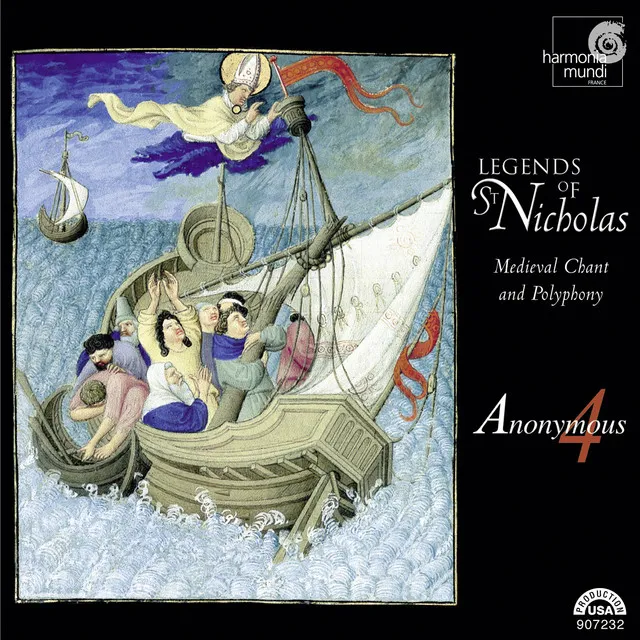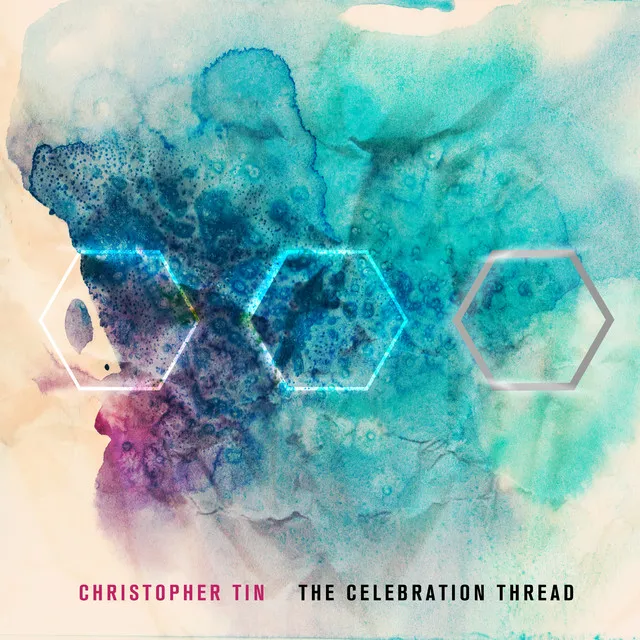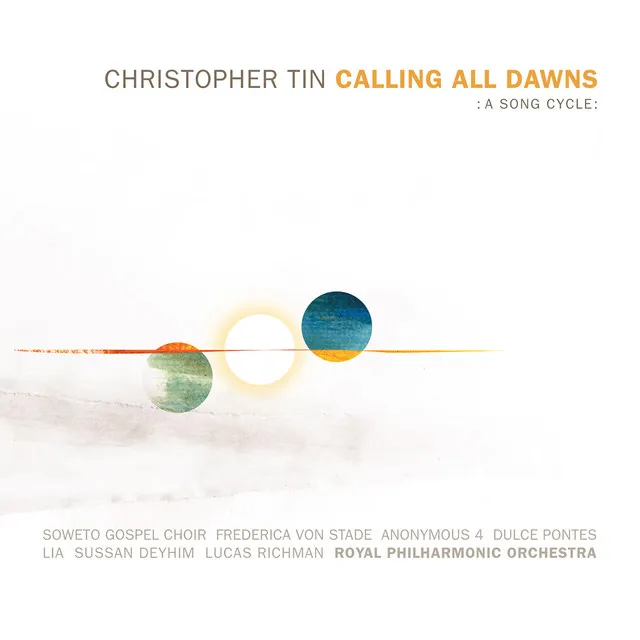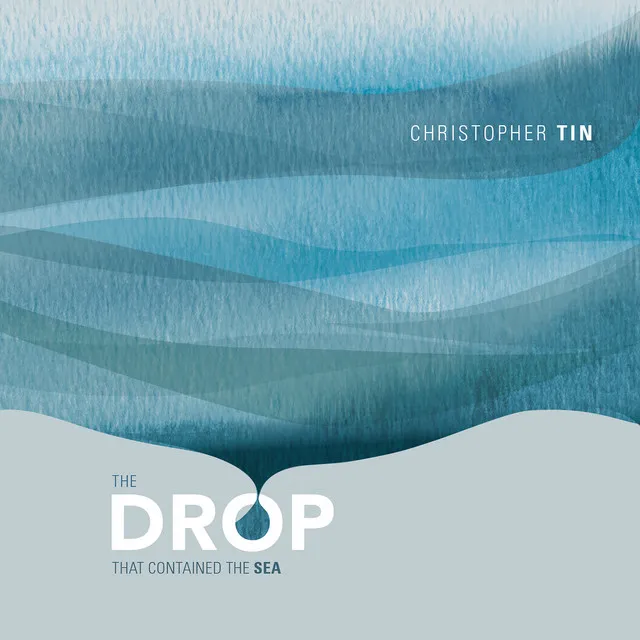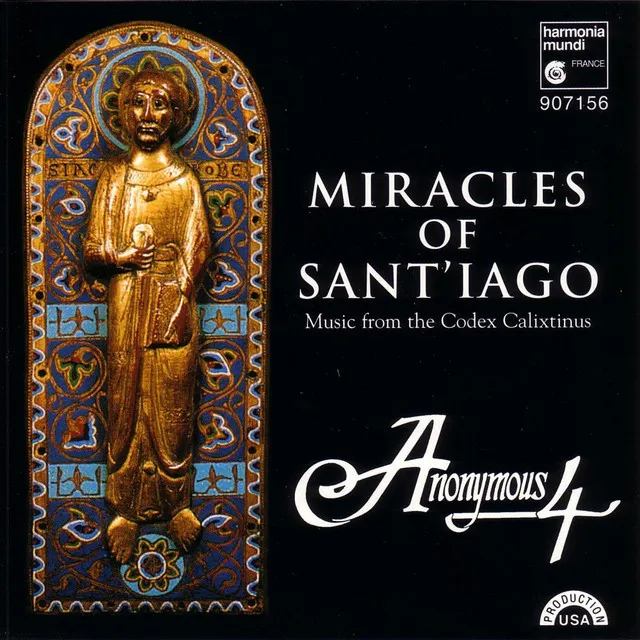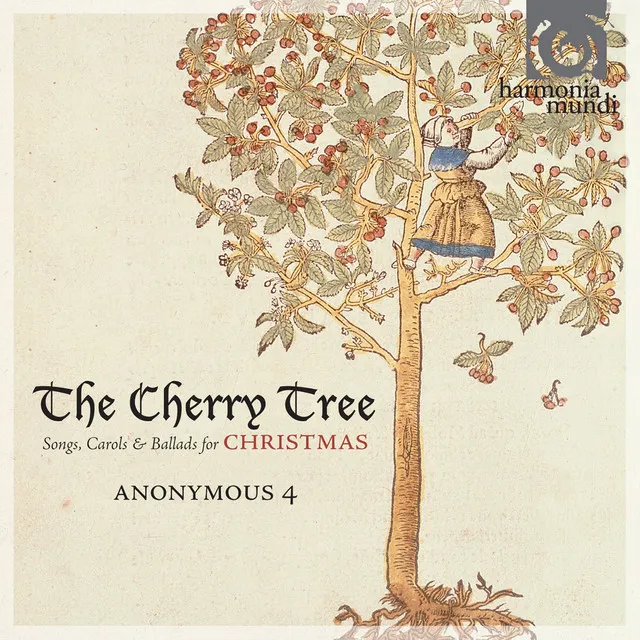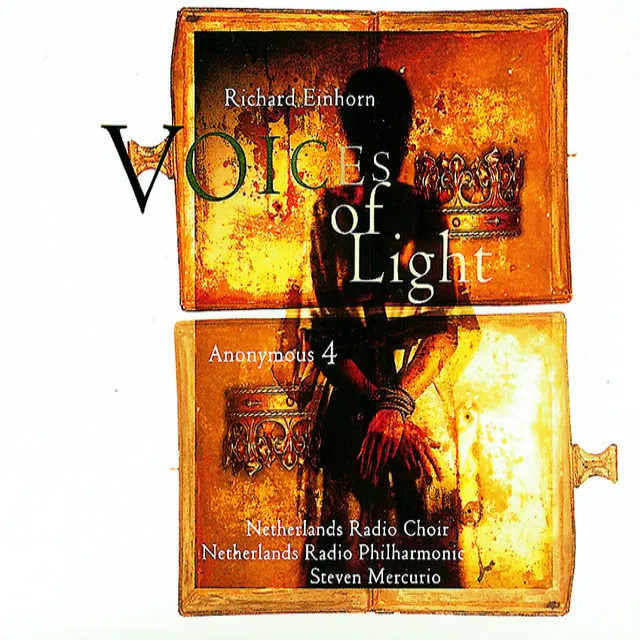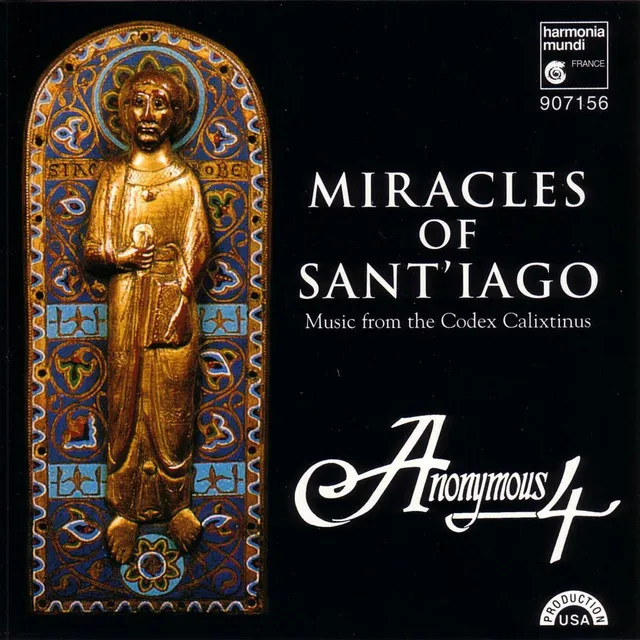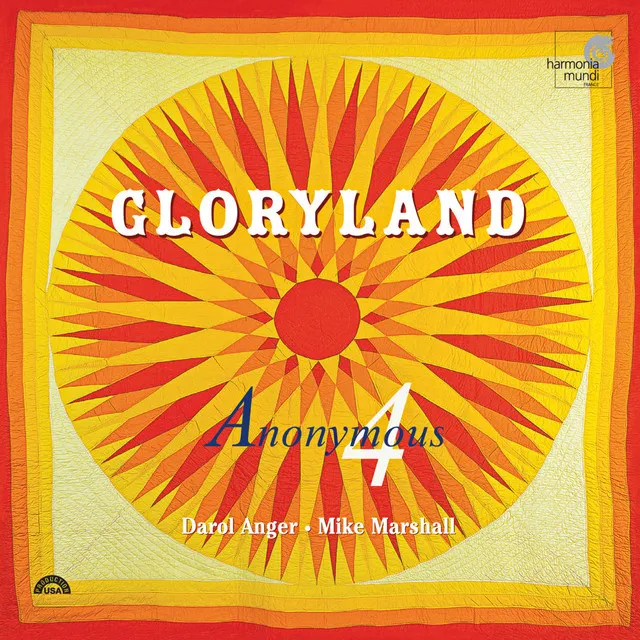The female vocal quartet called Anonymous 4 is one of the most popular and respected small vocal groups specializing in early music. The group has attained the elusive combination of popularity and respect through its unique blend of creativity and scholarly/historical depth.
The name Anonymous 4 comes from a scholarly convention for designating anonymous medieval writers and scribes with numbers; working with a particular manuscript by the scribe known as Anonymous 4, they found it an ideal name for their new quartet when they formed in 1986. Its purpose was to experiment with the sound of medieval music (both chant and polyphony) as sung by higher voices. Its original members included Marsha Genensky, Susan Hellauer, Johanna Marie Rose, and Ruth Cunningham. Jacqueline Horner replaced Cunningham in 1998, and in 2007, Cunningham returned, replacing Rose. The group's four members are singers of considerable beauty of tone, range, and flexibility.
Anonymous 4 is renowned for the depth of its scholarship. Hellauer does the primary music research, and when needed prepares the group's repertory by transcribing it into modern notation from original sources. Genensky is in charge of language research and study of literary sources, and adapting readings for their concerts. The teamwork results in concerts that avoid presenting the music in a vacuum. Anonymous 4's programs are innovative and entertaining, relating the music to its time and milieu through narrative and poetry interwoven with the music. Sometimes they fill out groups of chants or fragmentary pieces of polyphony with music of their own composition in order to make convincing wholes, but the new music they create is done accurately enough to blend seamlessly with the medieval originals.
Beyond such historical considerations, the group's astonishingly beautiful and pure vocal blend has made it one of the leading acts in classical music recording. Despite being involved in what may seem a narrowly specialized academic area of music, the group sold about a million copies of their recordings on the Harmonia Mundi label by the turn of the 21st century. Among these are On Yoolis Night, a medieval Christmas album that won the prestigious French Diapason d'Or award. Its first disc, An English Ladymass, was CD Review's Classical Early Music Disc of the Year, and its fourth, The Lily and the Lamb, was Classic CD's Disc of the Year for 1996. Tower Music reported that the group's 11,000 Virgins, music by Hildegard von Bingen, was one of the top 100 Independent Label releases in 1997-1998. Other significant albums include Voices of Light, Richard Einhorn's contemporary oratorio-soundtrack to Carl Dreyer's classic 1928 film The Passion of Joan of Arc (1995). The group turned to early American religious traditions with its albums American Angels (2003) and Gloryland (2006).
The group took a break from full-time touring and recording after its 2003-2004 season, doing only a few special appearances and recordings, but in 2013 began touring again, with a new album released in early 2014 (Marie et Marion) and a new project featuring music of the American Civil War period with Bruce Molsky. However, the return did not last long; the group announced its full retirement at the end of the 2015-2016 season.
